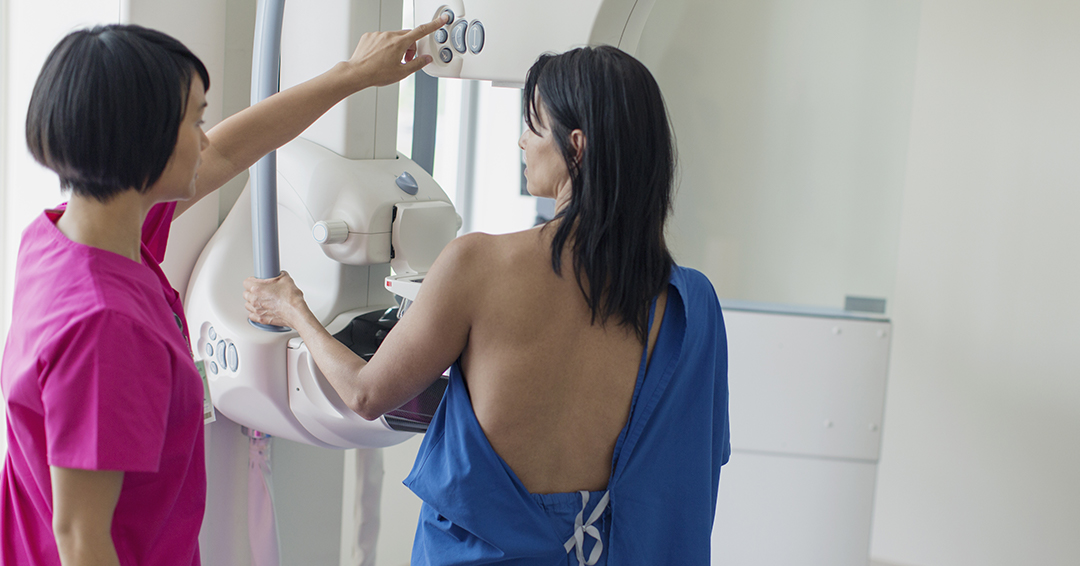
More than 140 scientists and public health experts on cancer screening report on their countries’ experiences dealing with the disruptions caused by the COVID-19 pandemic
Screening is a major strategy in the global fight against cancer. Screening and its subsequent diagnostic and treatment services are proven to avert deaths from cancers of the uterine cervix, breast, colon/rectum, and lung. From the moment the World Health Organization declared that the initial outbreak of SARS-Cov-2 had attained pandemic status on March 11, 2020, attendance to health services became severely disrupted in many countries. Controlling the pandemic diverted personnel and resources away from cancer screening activities. Patients with severe COVID-19 were brought for intensive care in hospitals. It seemed sensible then that one should not mix cancer screening participants, who normally come as outpatients, with those in need of acute care; this would make hospitals as sources of further viral transmission. Images of health workers struggling to provide care for many COVID-19 patients, widely divulged in the press, and government’s stay-home directives were sufficient to make the public forget about cancer screening. Appointments were cancelled or missed, laboratory testing of specimens, radiological imaging, and other diagnostic services were interrupted because healthcare personnel were co-opted to assist the fight against the pandemic.
The healthcare system eventually adapted to new reality. Rigid protocols for reducing in-hospital transmission became nearly universal. Yet, cancer screening participants remained fearful of setting foot as outpatients in hospitals. Many of those who had received abnormal screening results missed follow-up diagnostic appointments. Even as the public health system began to resume elective care activities, cancer screening became only a fraction of its former, pre-pandemic self. There is an urgent need to make screening regain its value as the mainstay of cancer prevention and control.
Recognizing this critical public health issue, the editorial team of Preventive Medicine, led by Editor-in-Chief Dr. Eduardo Franco, Director, Division of Cancer Epidemiology and Chair, Gerald Bronfman Department of Oncology at McGill University in Montreal, commissioned a special issue titled “From disruption to recovery: The Impact of the COVID-19 Pandemic on Cancer Screening”, which brings together in one collection the relevant world experience on this theme.
“The academic objective of the special issue on the world’s experience related to the pandemic’s impact on cancer prevention was a perfect fit to the goals of our McGill Task Force on COVID-19 and Cancer,” notes Dr. Franco. “The fact that the Editorial Office of Preventive Medicine is housed within our oncology department at McGill was a great opportunity to organize a cohesive collection of papers that help us to advance the work of our Task Force.”
Dr. Mona Saraiya and Dr. Linda Rabeneck, two internationally recognized leaders in the field of cancer prevention research and practice, served as guest editors for the issue. Dr. Saraiya is Team Lead, Epidemiology and Applied Research Branch, Division of Cancer Prevention and Control, Centers for Disease Control and Prevention, in Atlanta, Georgia. Dr Linda Rabeneck is Vice-President for Prevention and Cancer Control, Ontario Health (Cancer Care Ontario), and Professor of Medicine, University of Toronto, in Ontario. They assembled an outstanding group of 147 international scientists and practitioners who contributed in-depth assessments of the adverse effects of the pandemic on the spectrum of activities related to cancer screening and diagnosis and how their jurisdictions responded. A few of the papers also provided useful mathematical projections of the excess cases and deaths that will occur because of the interruptions in screening.
“While the COVID-19 pandemic created many obstacles to cancer screening, it also created opportunities to rapidly pave the way for delivering innovative medical services. This timely compilation of articles is a testament to the deep commitment of those who work in cancer prevention and control to increase screening internationally, particularly among populations with greater needs,” says Dr. Saraiya.
“In many countries the disruption of services has unveiled disturbing inequities in health and health care. However, the positive message conveyed by these articles is that we have an unparalleled opportunity to use the lessons learned to innovate, strengthen, and transform cancer screening as we emerge from the COVID-19 pandemic”, says Dr. Rabeneck.
“We are delighted to place Preventive Medicine, a respected journal that has an international readership in public health, as a repository of top science on the means to counter the negative impact of the pandemic on cancer prevention,” says Dr. Franco, who has served as Editor-in Chief since 2013. “Drs. Saraiya and Rabeneck have brought together a stellar group of public health scientists. This special issue of the journal provides not only a realistic epidemiologic picture of how the pandemic interrupted cancer control in so many settings, but also brings powerful stories about lessons learned and proposals for avoiding similar situations in the future.”
About Preventive Medicine
Founded in 1972 by Ernst Wynder, Preventive Medicine is an international scholarly journal that publishes original articles on the science and practice of disease prevention, health promotion, and public health policymaking. Preventive Medicine aims to reward innovation. It favors insightful observational studies, thoughtful explorations of health data, unsuspected new angles for existing hypotheses, robust randomized controlled trials, and impartial systematic reviews. Preventive Medicine’s ultimate goal is to publish research that will have an impact on the work of practitioners of disease prevention and health promotion, as well as of related disciplines.
